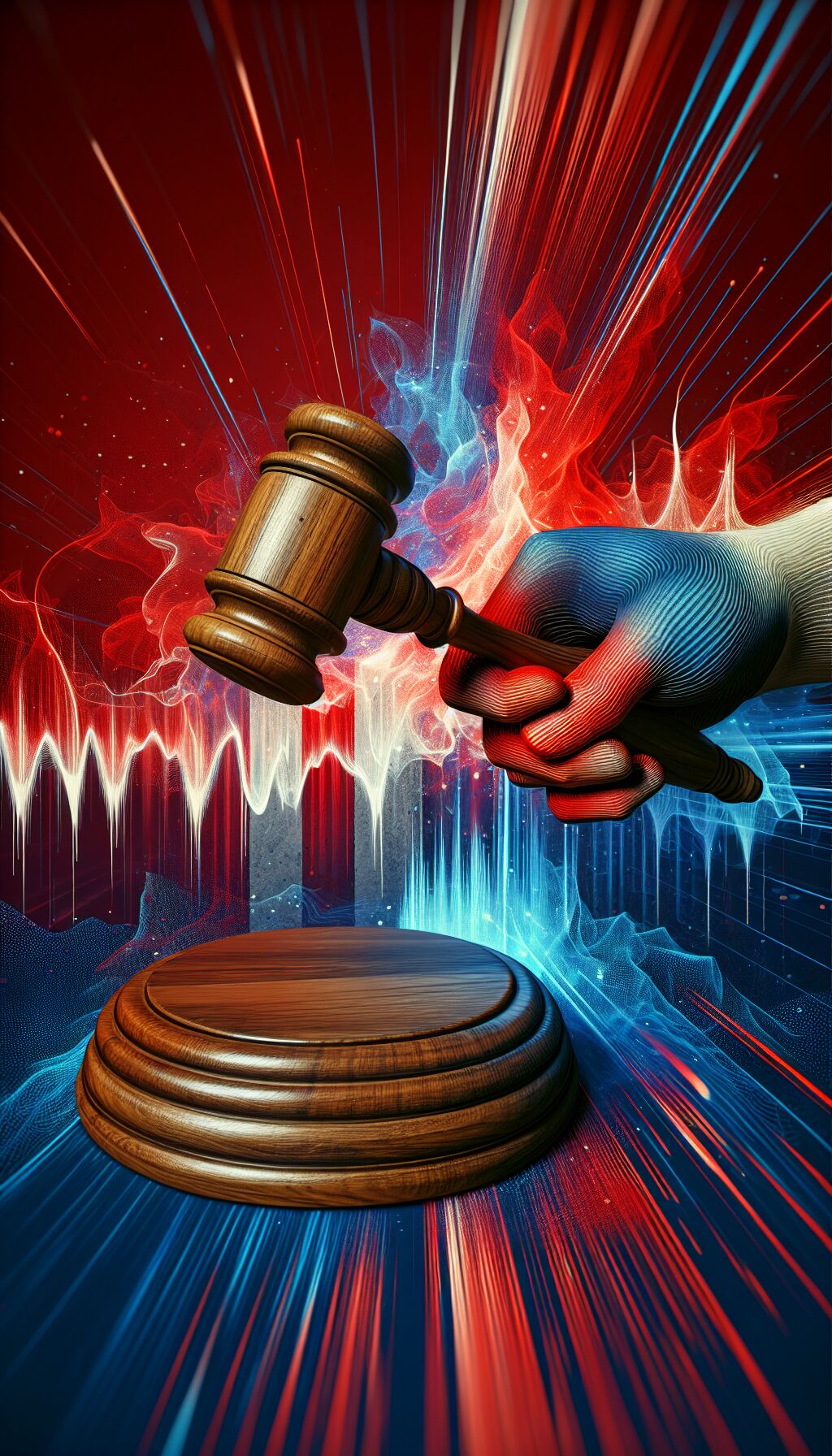House China Committee Chairman Expresses Confidence in Trump’s TikTok Negotiations
EXCLUSIVE: House China Committee Chairman John Moolenaar has voiced his belief that President-elect Donald Trump is the ideal leader to negotiate a resolution that will keep TikTok accessible in the United States. In an exclusive interview with Fox News Digital, Moolenaar emphasized that the current legislative situation provides Trump with significant leverage to broker what he described as the “deal of the century.”
Upcoming Supreme Court Hearings
The United States Supreme Court is slated to hear oral arguments on January 10, 2025, regarding a law aimed at compelling the divestiture of TikTok from foreign ownership, specifically from its parent company, ByteDance, which is based in Beijing and linked to the Chinese Communist Party (CCP).
The legislation passed and signed into law earlier this year mandates that ByteDance divest its U.S. operations by January 19. Should they fail to comply, major tech platforms such as Google and Apple would be prohibited from listing TikTok in their app stores.
The Supreme Court’s decision to hold a special session on this matter, just nine days before the deadline set by the law, is remarkable. The law provides for a possible extension of up to 90 days by the president if ByteDance is already in the process of divesting its holdings.
Moolenaar’s Confidence in Trump’s Deal-making Abilities
Moolenaar, a Republican from Michigan, noted that he has been in talks with top investors and exuded confidence in Trump’s capability to seal a lucrative deal for the United States. “It will be the deal of the century,” Moolenaar asserted, pointing out that the divestiture could occur in stages, initially with a buyout followed by a massive initial public offering (IPO)—potentially the largest in history.
“President Trump has the opportunity to make the deal of the century because of the leverage of the TikTok legislation passed by Congress,” he added.
Impending Transactions and IPO Prospects
Moolenaar predicts that TikTok’s sale could wrap up promptly after the company exhausts its legal appeals. Furthermore, he suggested that a giant IPO could serve as “one piece of the solution” in the negotiations. “I think TikTok and ByteDance have been dragging their feet,” he commented, expressing optimism that once they acknowledge the necessity to adhere to U.S. law, progress will be swift.
Legal Challenges Posed by TikTok
TikTok and ByteDance recently filed an emergency request with the Supreme Court, asking for a temporary suspension of the law while they challenge a ruling from the U.S. Court of Appeals for the District of Columbia Circuit. In their legal argument, TikTok’s lawyers contended that the law is a violation of the First Amendment, asserting that it unfairly targets certain applications and curtails their operation on a platform essential for free speech.
National Security Concerns
However, Moolenaar cautionarily highlighted the potential risks of not securing TikTok’s divestment. He warned that the CCP could exploit TikTok to manipulate public perceptions within the U.S., stressing that the application grants them access to a wealth of American user data. “It is very profitable, very popular, and it is a significant entry point for the CCP to influence American culture,” he articulated.
TikTok’s Response: Project Texas Initiative
In light of increasing scrutiny over data security, TikTok has launched the “Project Texas” initiative aimed at allaying national security concerns. TikTok’s CEO, Shou Zi Chew, has detailed that this plan constructs a standalone version of the platform based on servers isolated in Oracle’s U.S. cloud environment—a venture that has reportedly cost the company around .5 billion to implement.
Chew has maintained that TikTok operates independently of any single nation, despite previous admissions from executives acknowledging that Chinese officials had access to American user data at times when U.S.-based executives did not.
Continued Concerns Over Data Security
Despite these efforts, Moolenaar expressed skepticism about the adequacy of “Project Texas,” stating that the ties between ByteDance and the CCP necessitate a more comprehensive solution. “The TikTok algorithm is very different in the U.S. than it is in China,” he explained, emphasizing the need for an American or allied company’s oversight of the application to ensure compliance with U.S. laws and to protect national interests.
Moolenaar articulated a significant shift in the CCP’s stance, observing, “Until now, the CCP didn’t have a reason to allow the sale of TikTok. But that has changed, and President Trump knows from experience that the only language the CCP speaks is hardball.”
The Future of TikTok
Despite the gravity of the situation, Trump has demonstrated a favorable disposition toward TikTok. Earlier this month, he met with CEO Chew at Mar-a-Lago, stating during a press briefing that his incoming administration would “take a look at TikTok” and the potential ban looming over the application.
Trump noted, “I have a warm spot in my heart for TikTok,” adding a layer of complexity to the narrative surrounding the highly popular social media platform.
